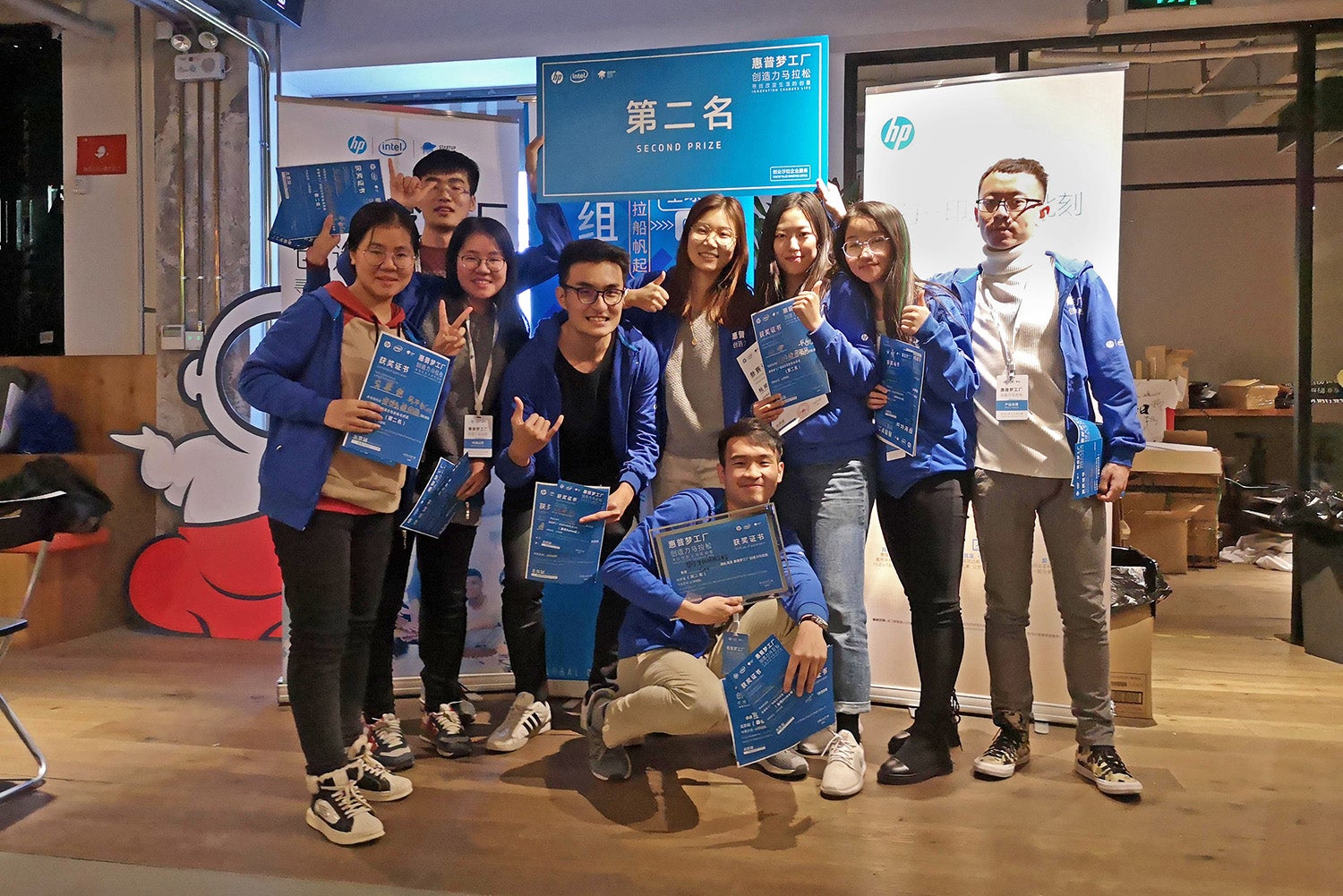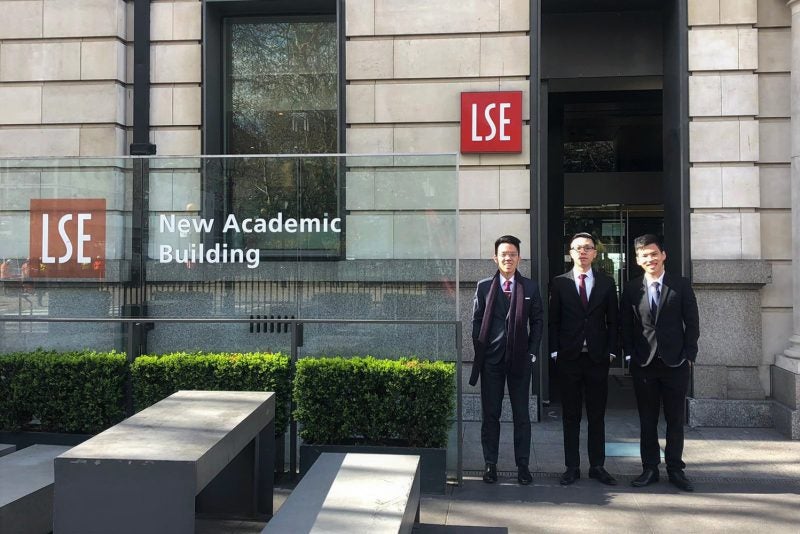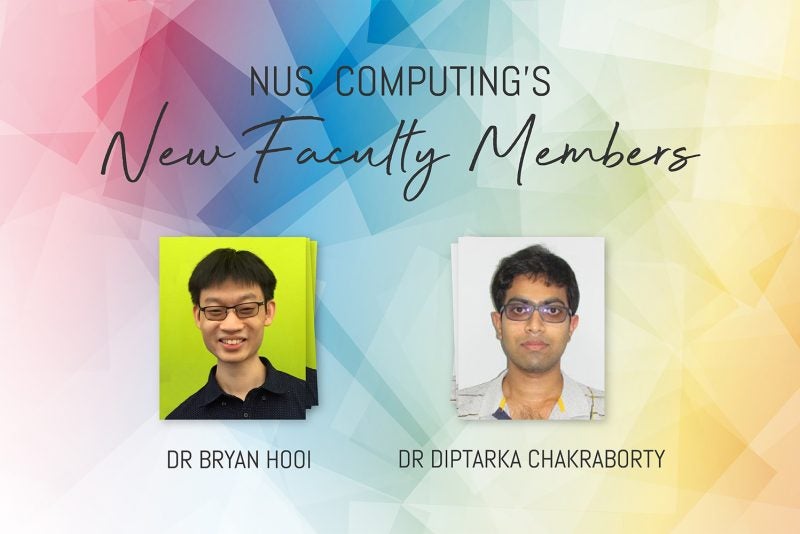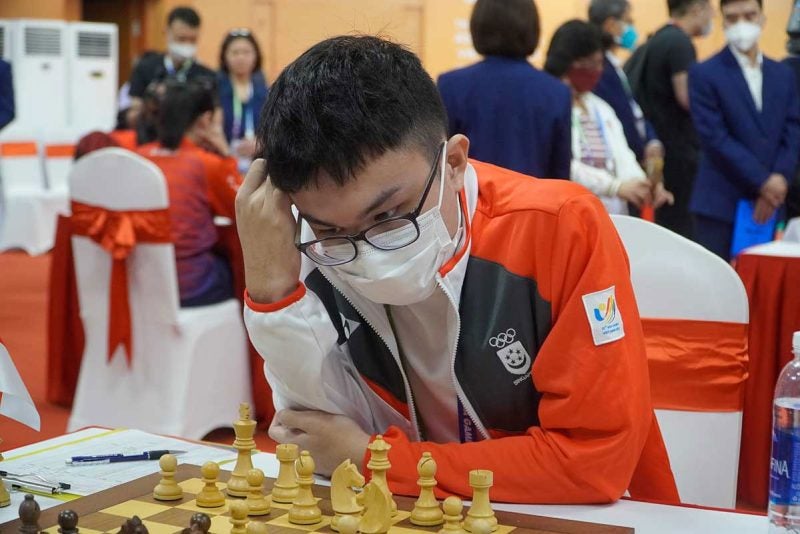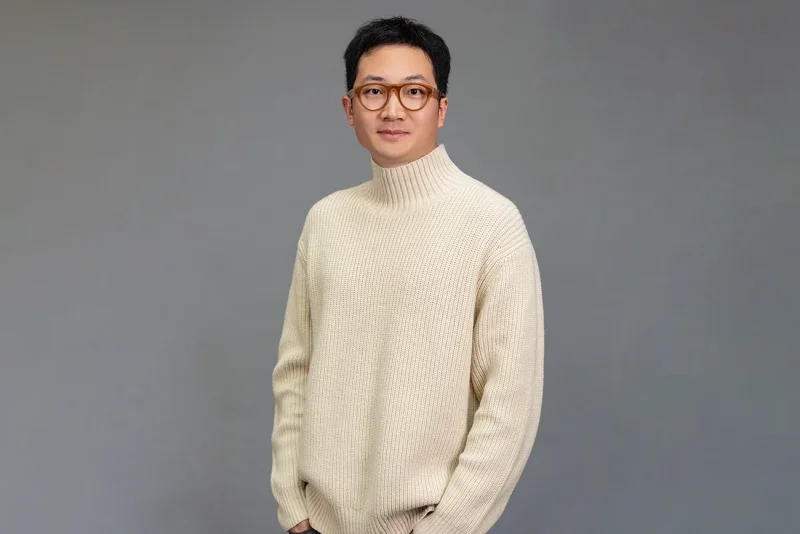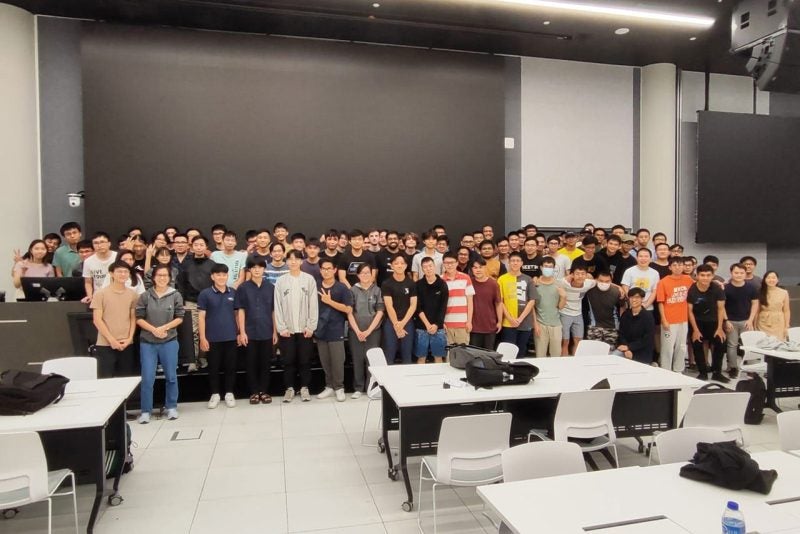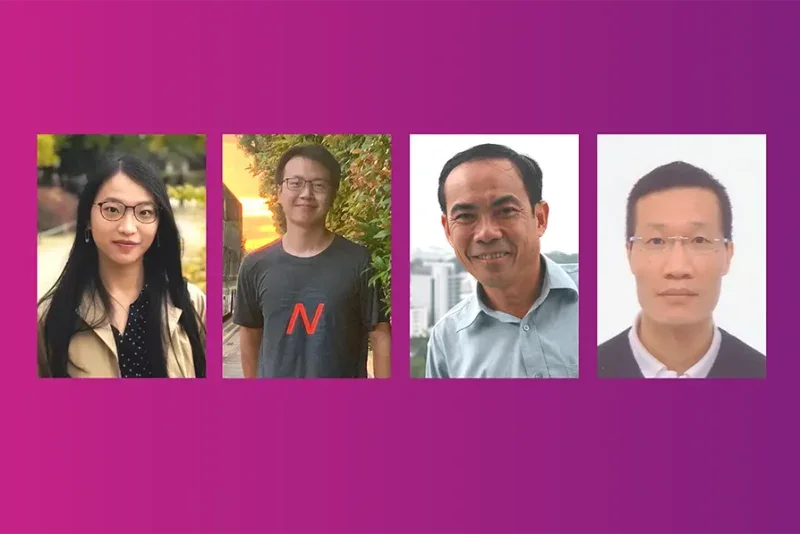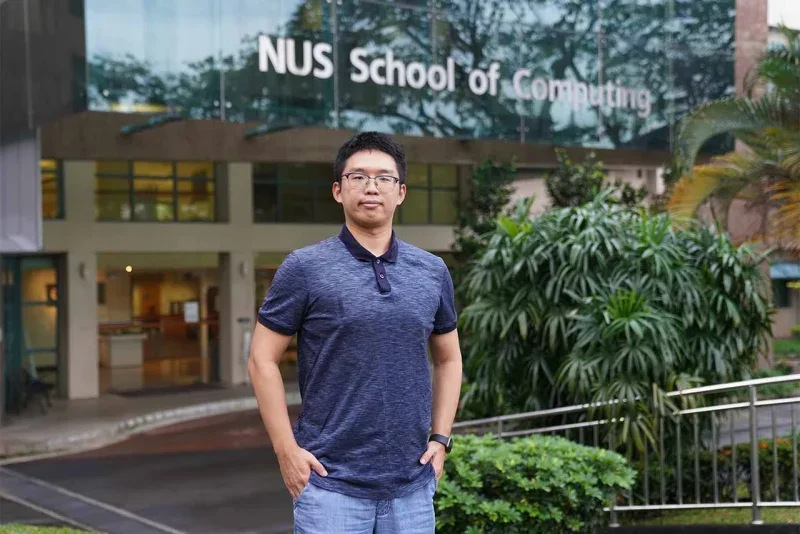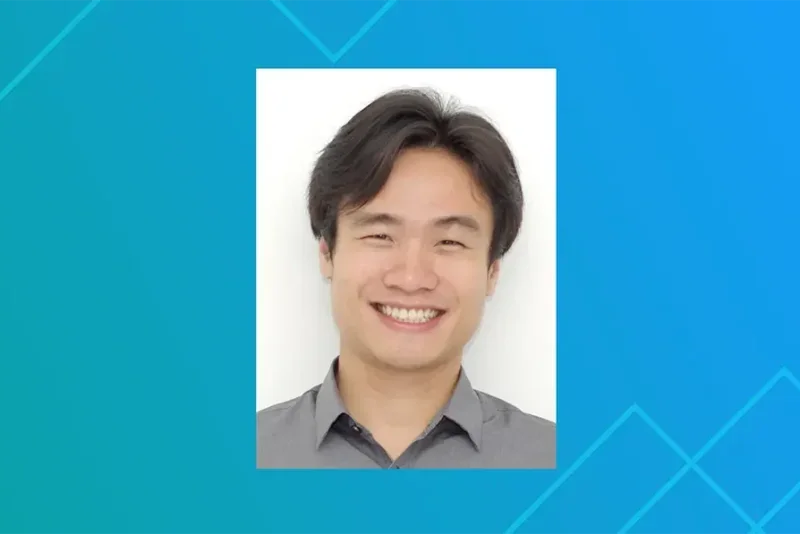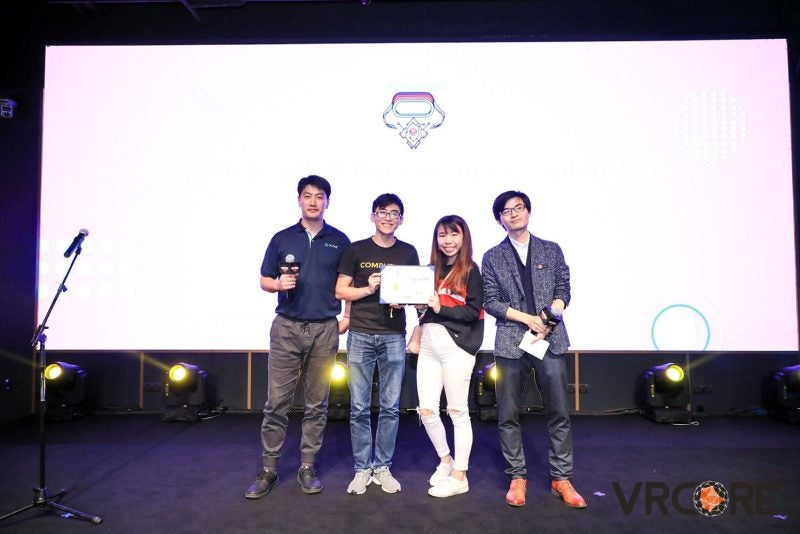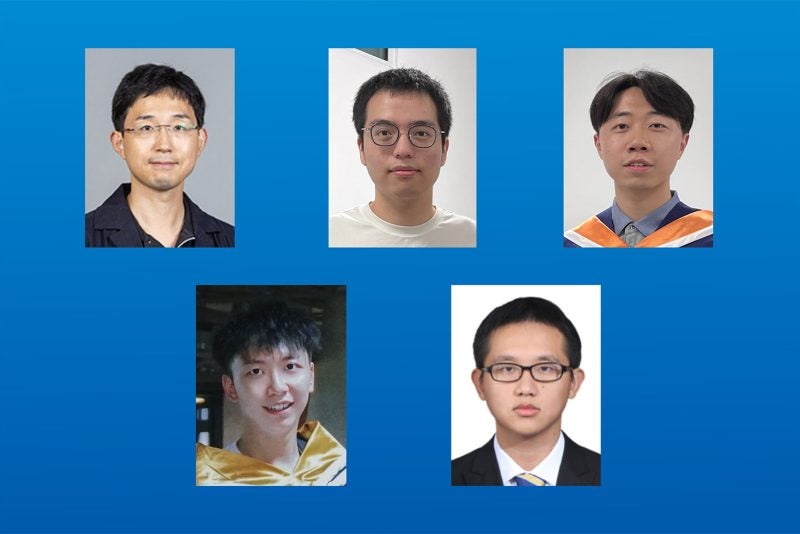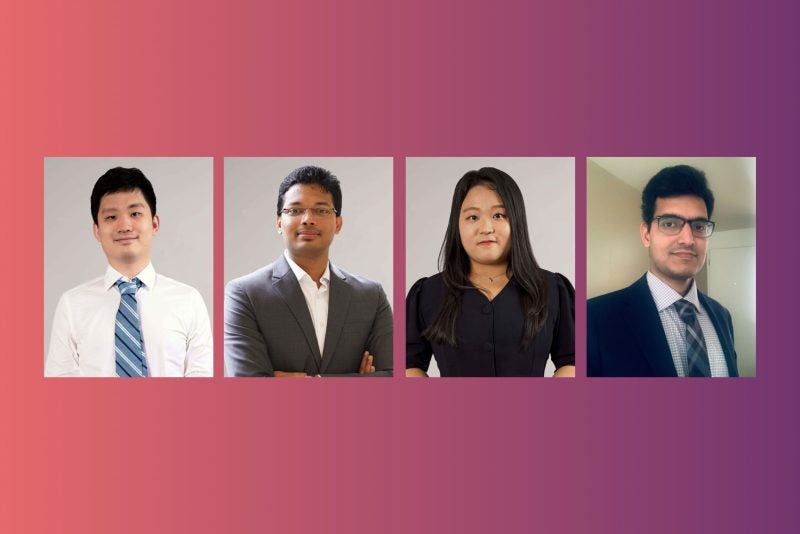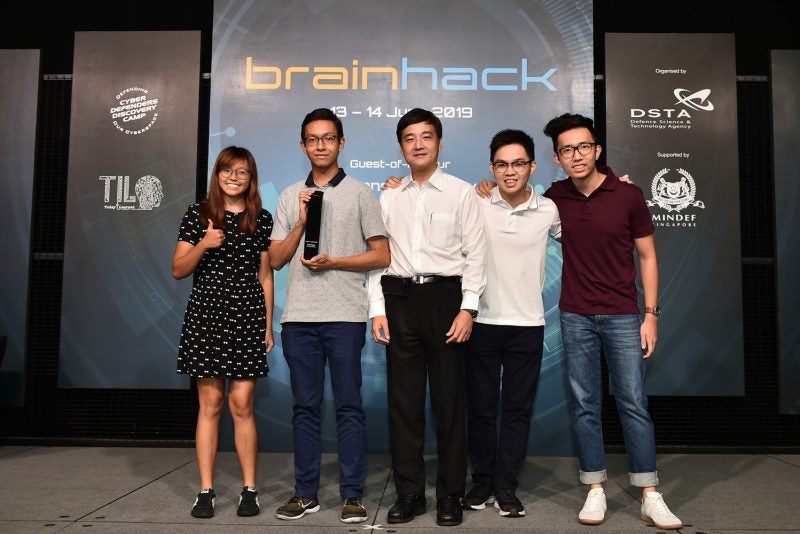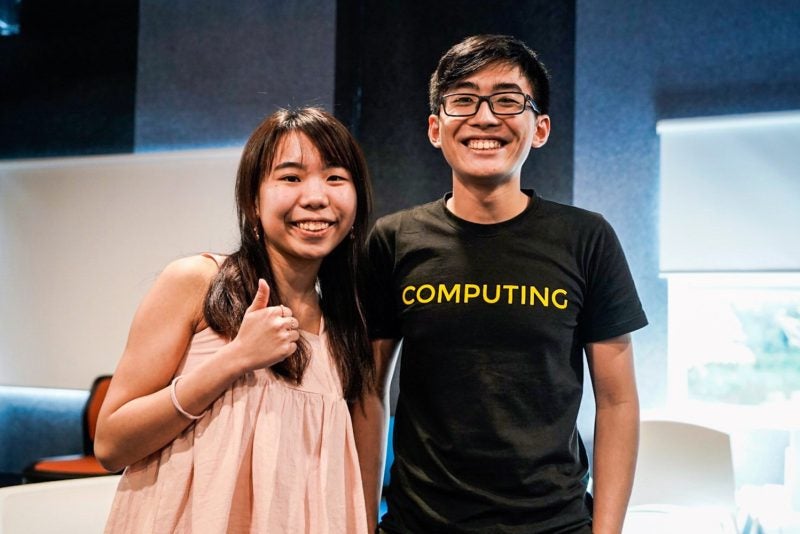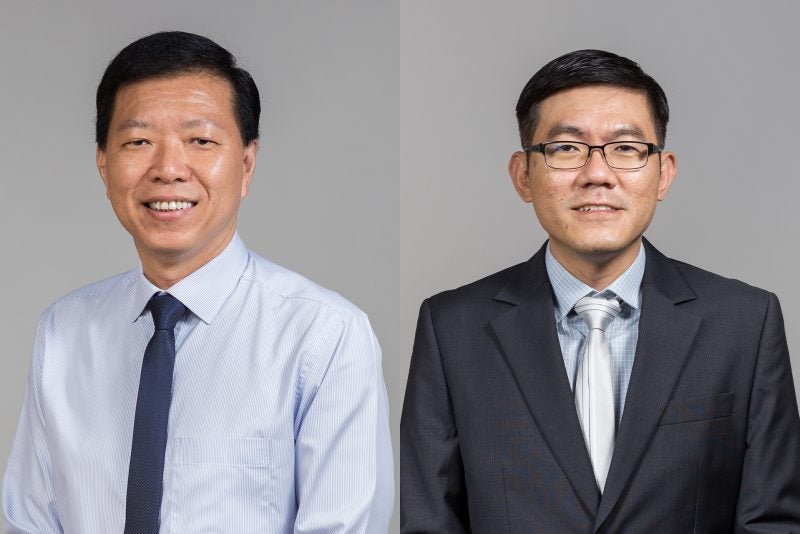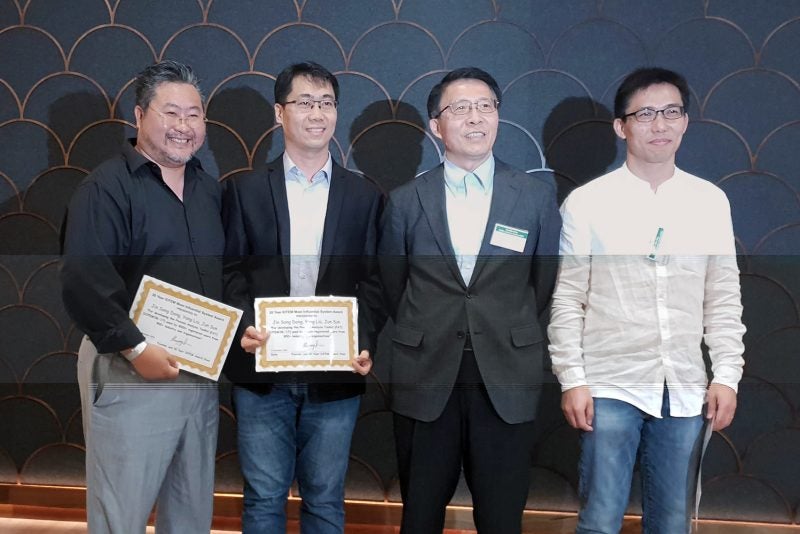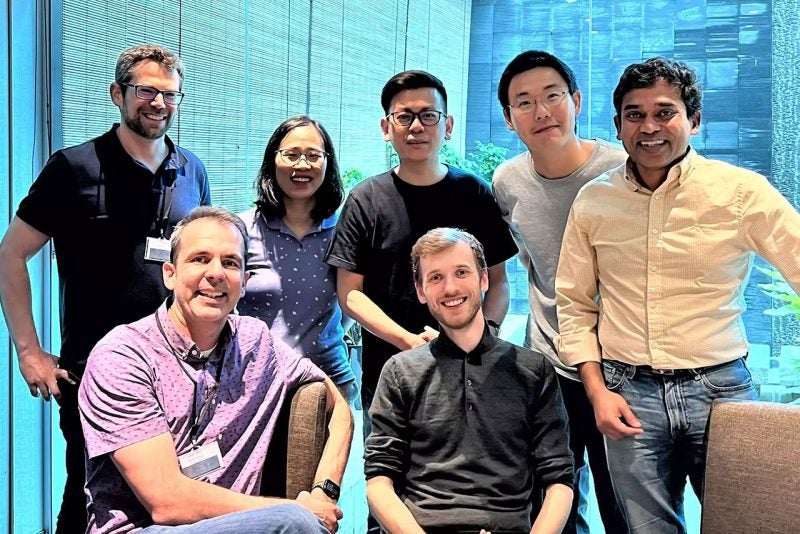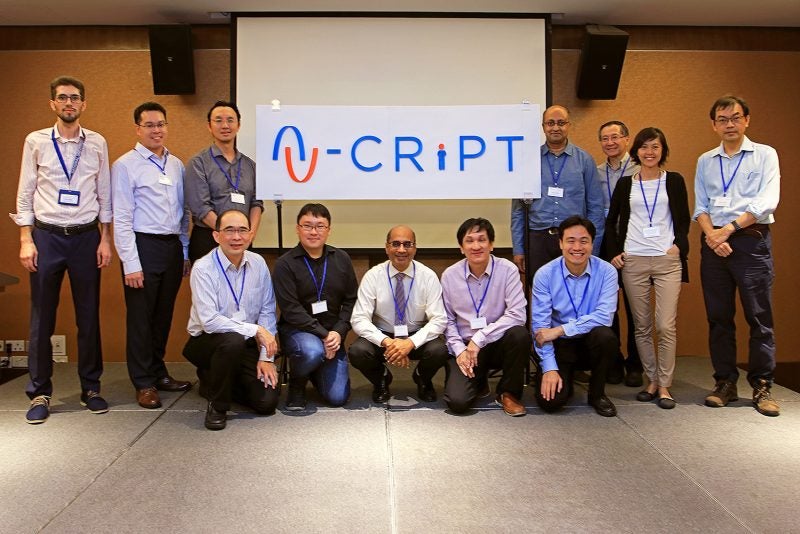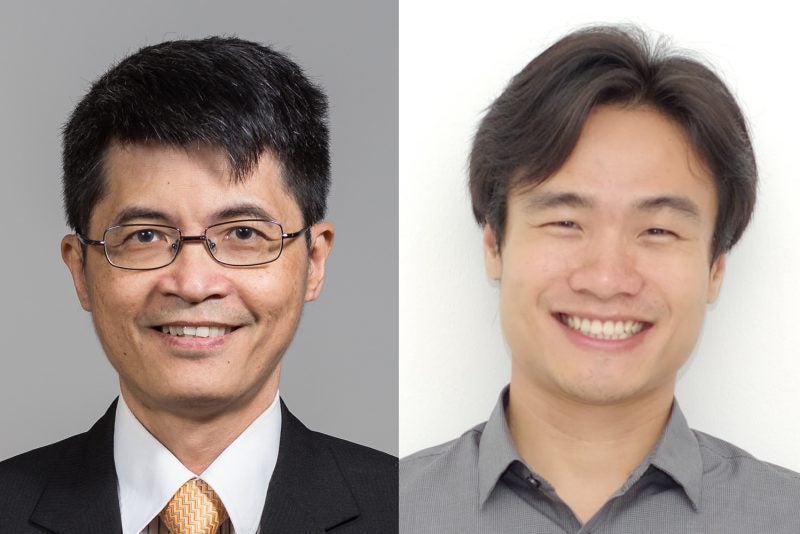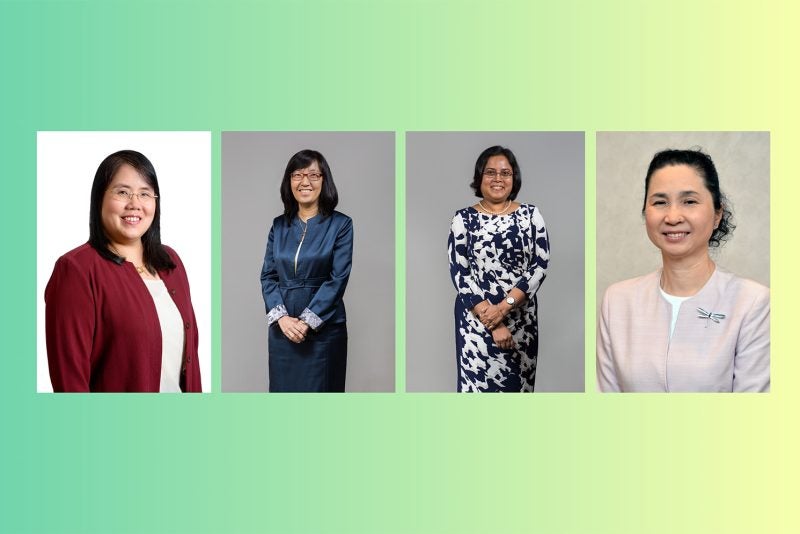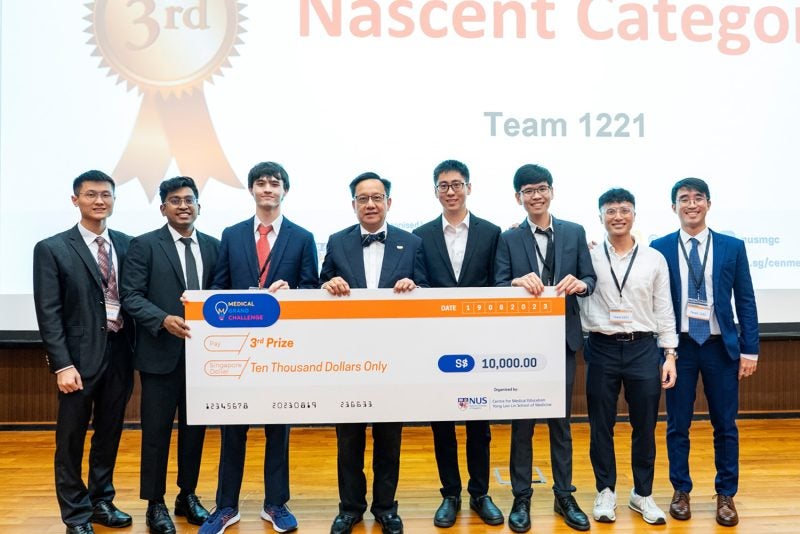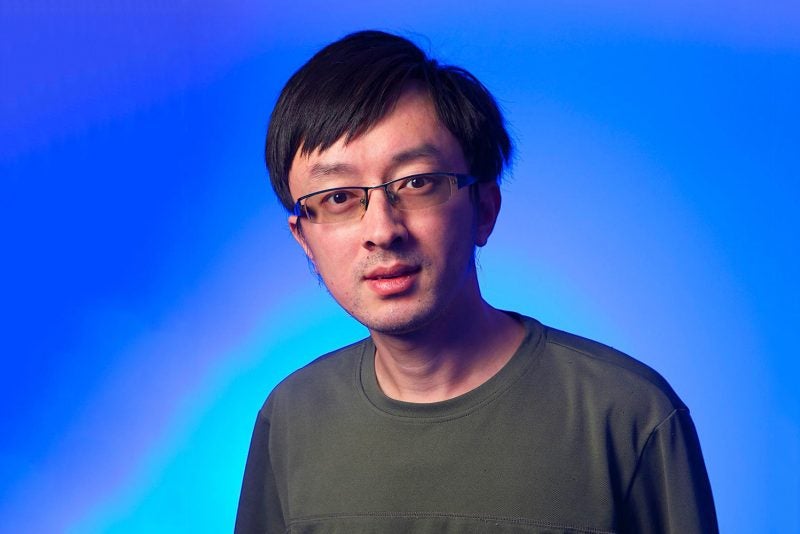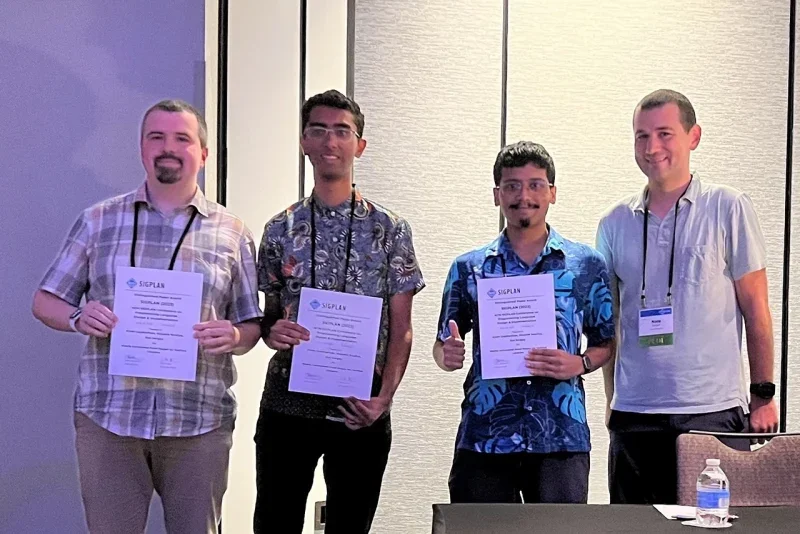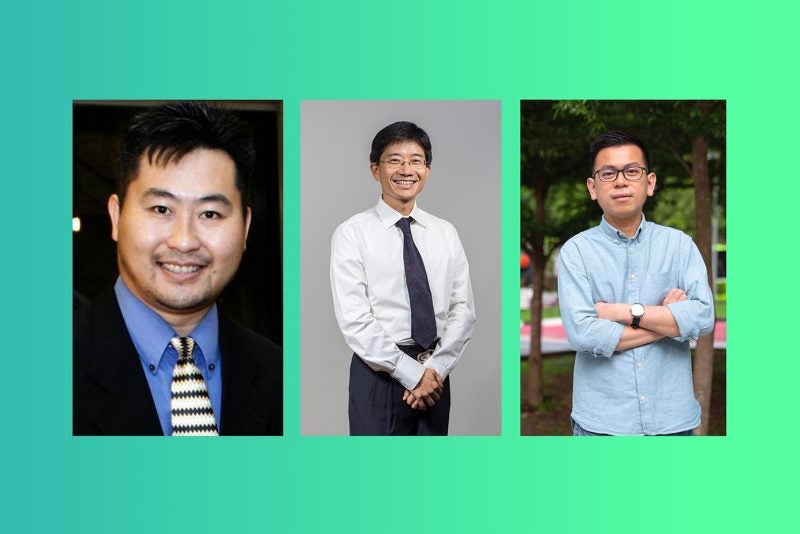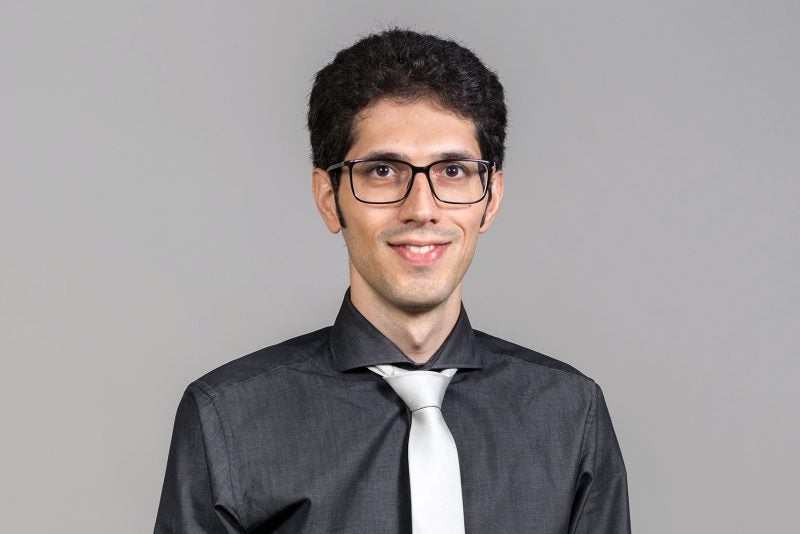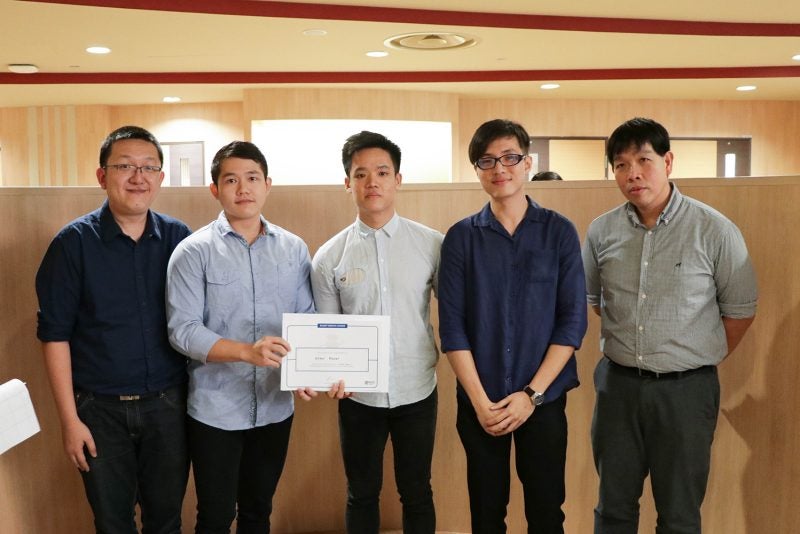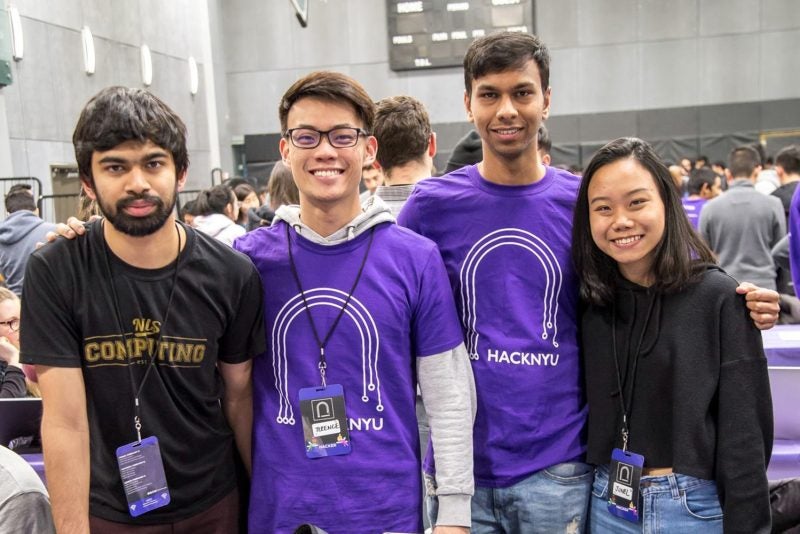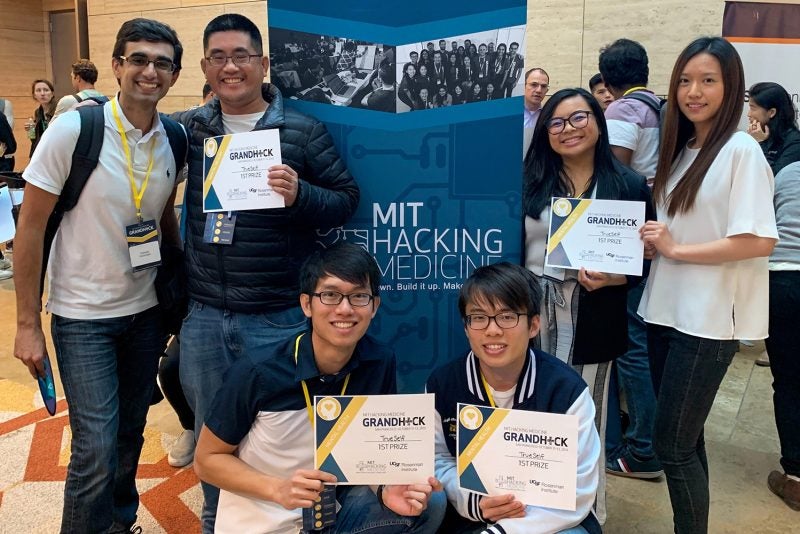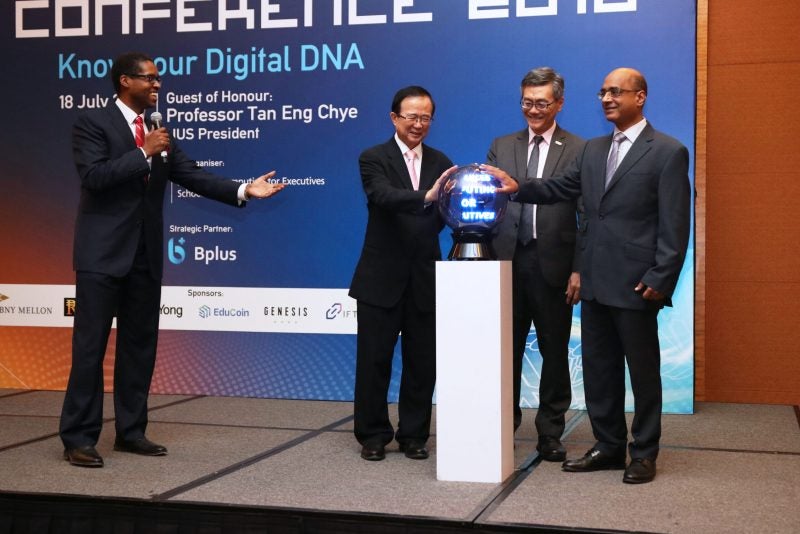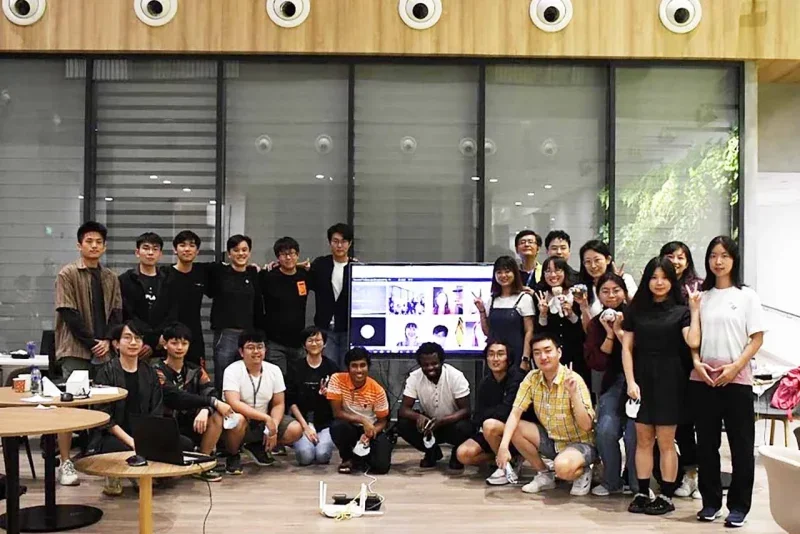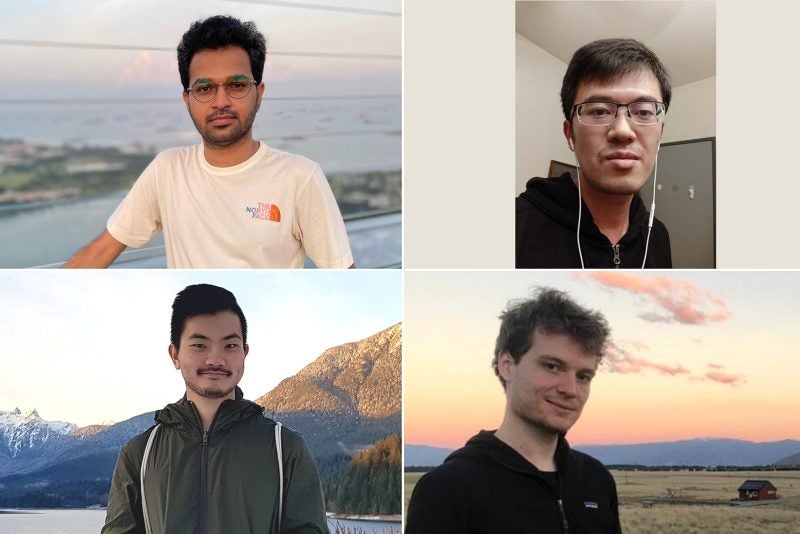16 January 2019 – Third year Business Analytics student Teo Jin Ming won first place in the Techstars Global Startup Weekend and second place in the HP Dream Factory Innovation Hackathon, which were held from 16 to 18 November and 7 to 9 December last year.
Jin Ming, currently in Beijing for an NUS Overseas Colleges (NOC) programme, took the top prize at the Techstarts Global Startup Weekend’s Beijing contest on 18 November 2018. He and three other NUS students — Ng Hao Yuan (Materials Engineering), Neo Kang Wei (Chemical Engineering), and Choi Chun Kit (Physics) — were one of 12 teams to compete in the hackathon. Three weeks later, Jin Ming and Hao Yuan, with their counterparts from Tsinghua University, won second place and the ‘Best Demo’ award in the HP Dream Factory Innovation Hackathon, also held in Beijing.
Helping the elderly with tech
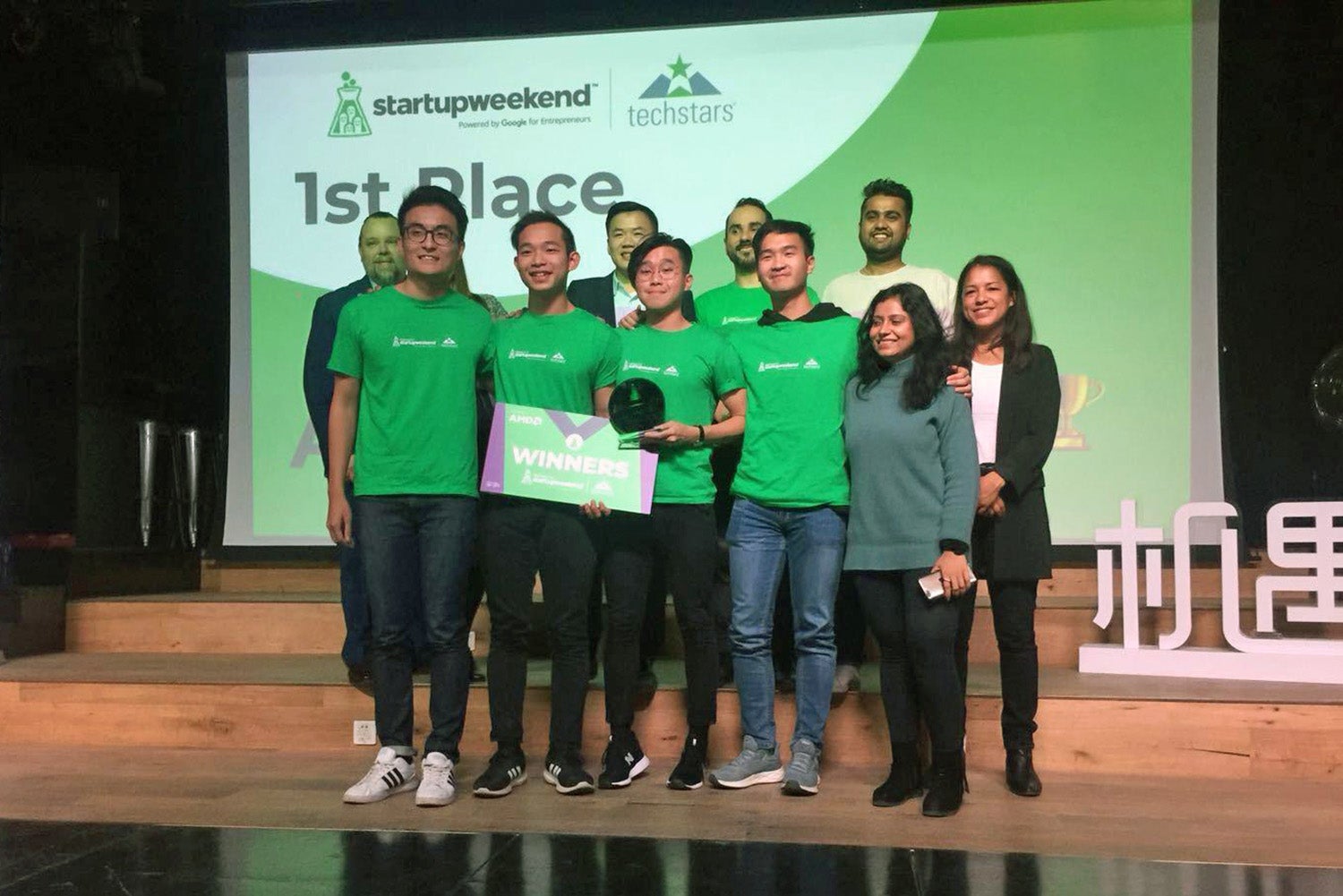
From 16 to 18 November, Jin Ming and his teammates competed in the Techstars Global Startup Weekend Beijing, where 15,000 other entrepreneurs from around the world compete to launch a startup in 54 hours. Over the weekend, teams began brainstorming their ideas on Friday night and presented their prototypes to a panel of investors on Sunday night.
The team developed a comprehensive elderly healthcare application that monitors an individual’s sleep and weight. “With modern technology and the advancement of the Internet-of-Things (IoT), we believe that nursing home beds can be equipped with these tech to monitor the user’s health conditions,” said Jin Ming. “Our system serves as an elderly healthcare IoT coupled with analytics software to help caregivers and nurses.”
Based on the team’s research, they found that nursing homes in China usually conduct night rounds to check for any anomalies and to flip immobile elderly patients to promote blood circulation. Based on these insights, as well as suggestions from nurses, the team chose to integrate a night monitoring system into the app. Nurses would be able to cut down on their night rounds and still be able to check on their patients’ overall night movements and receive alerts in the event of an emergency.
According to Jin Ming, it was the social aspect of their project that caught the judges’ attention and helped them clinch the coveted win. “Some of the judges could relate to the sleeping problems faced,” Jin Ming added. “The hackathon experience was truly amazing and inspiring. It was really exciting to interact and compete with like-minded entrepreneurs. I believe all of us from the team learnt a lot more about entrepreneurship through this competition.”
An app for students on exchange
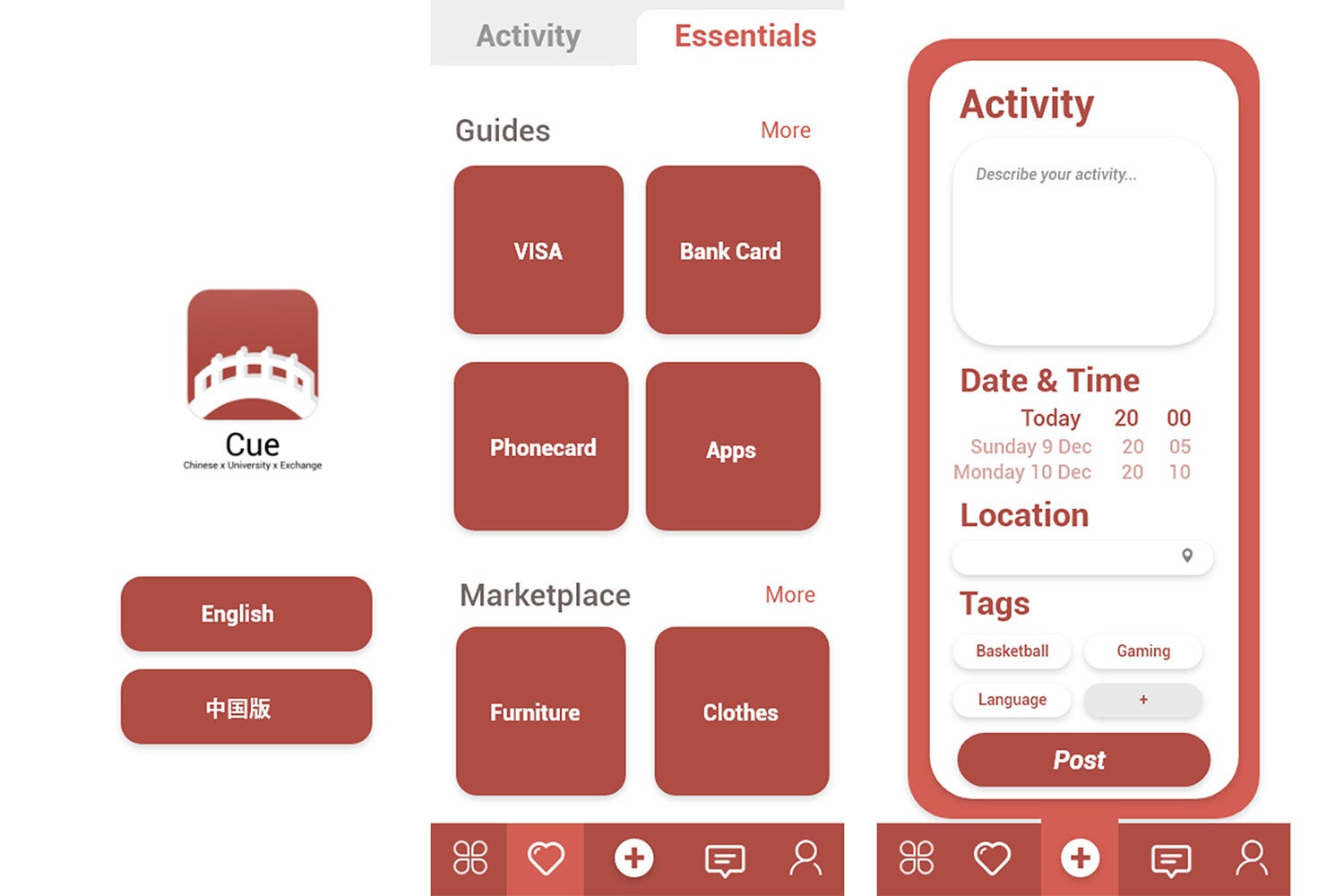
At the HP Dream Factory Innovation Hackathon, organised by Startup Salad, 12 teams were tasked with creating an innovation that would change people’s lives. Participants were given 52 hours to explore the feasibility of their idea and to showcase their innovation.
As an exchange student in Tsinghua University, Jing Ming found it challenging to befriend local students. This inspired the team to create an application, Cue (China x University x Exchange), to encourage foreign students to meet and interact with local students. This is done by providing opportunities for foreign and local students to meet through social activities. Furthermore, the app also provides a comprehensive guide to help exchange students settle down. It provides information to help students with visa application, getting a SIM card, and opening a local bank account.
“Our team comprised of very talented and creative individuals from varying fields. Furthermore, since our team was a mixture of local and exchange students, we can also relate with what both sides and to figure out what both sides need for this multi-sided platform,” said Jin Ming.
“All of us were very shocked with the results since we were not expecting a win after receiving the “Best Demo” award,” Jin Ming added. “Even before receiving any prizes, our team wanted to create the app because we were sure that Cue is valuable and can be profitable.”
About NOC:
The NUS Overseas Colleges (NOC) is a highly acclaimed internship programme to immerse NUS students into the high-energy environment of top startup regions. Students in the programme take up a six month or a year-long internship, in top startup regions like Silicon Valley, Beijing, Shanghai, while taking entrepreneurship courses at a designated partner university.
NOC students in Beijing have the opportunity to intern with the local and global companies stationed in Beijing, including startups from the venture capital, finance, consultancy, and technology industries. Students will also take a few courses from the School of Economics and Management in Tsinghua University during their NOC stint.

